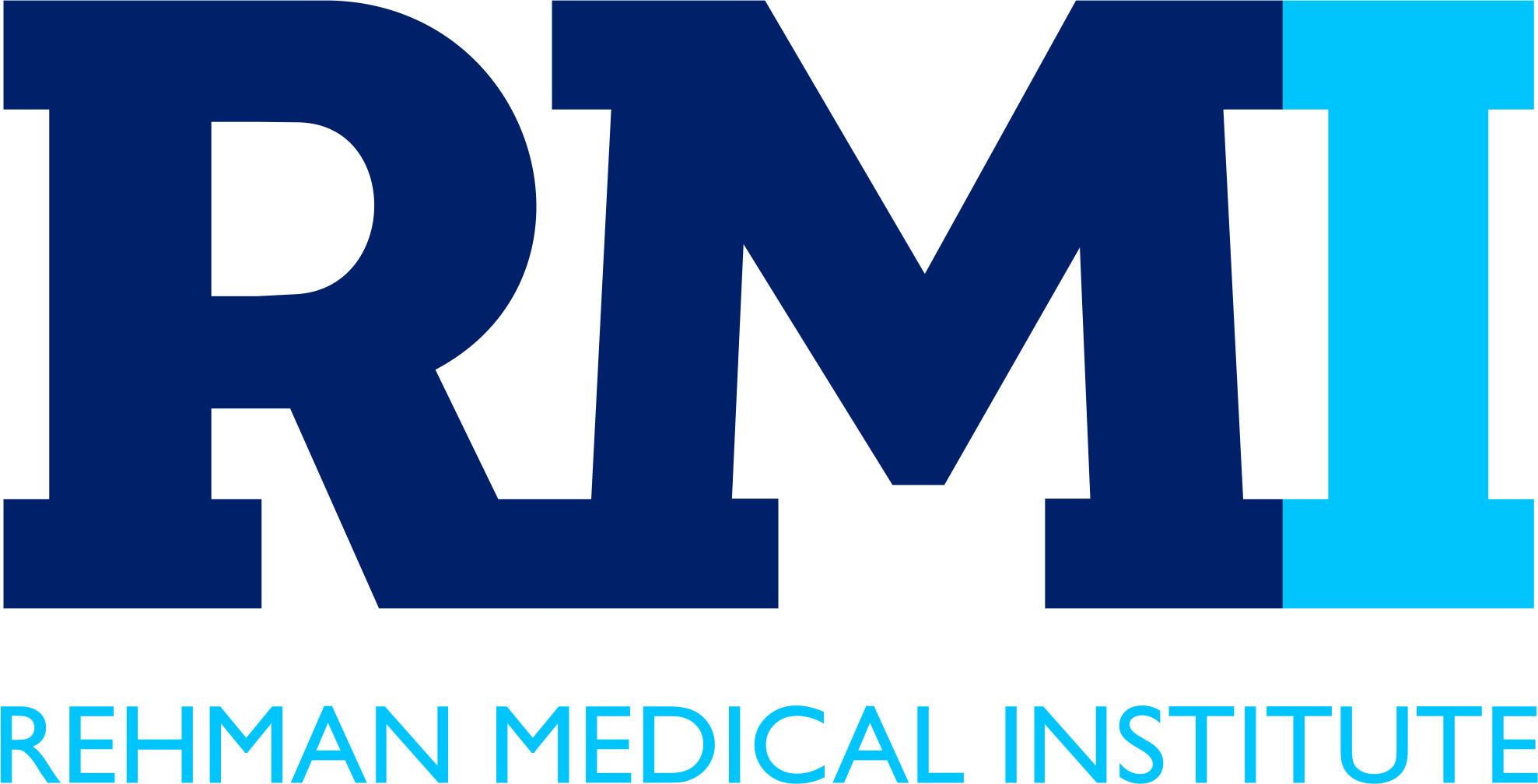Understanding Atrial Fibrillation
Causes, Symptoms, and Management of Irregular Heart Rhythm
Atrial fibrillation (AFib) is a common cardiac arrhythmia characterized by irregular and often rapid heartbeats. It poses significant health risks, including stroke and heart failure, making understanding its causes, symptoms, and management essential for maintaining heart health. In this blog, we will explore the intricacies of AFib, empowering you with the knowledge to navigate its complexities and safeguard your heart.
What is Atrial Fibrillation?
Atrial fibrillation occurs when the heart’s upper chambers (atria) beat irregularly and out of sync with the lower chambers (ventricles). This irregular heartbeat disrupts the flow of blood through the heart and can lead to complications such as blood clots, stroke, and heart failure.
Causes of Atrial Fibrillation
- Age: AFib becomes more common with age, particularly in individuals over 65.
- High Blood Pressure: Hypertension increases the risk of developing AFib.
- Heart Conditions: Previous heart attacks, heart valve problems, or congenital heart defects can predispose individuals to AFib.
- Obesity: Being overweight or obese increases the likelihood of developing AFib.
- Alcohol and Substance Abuse: Excessive alcohol consumption or stimulant drug use can trigger AFib episodes.
- Sleep Apnea: Untreated sleep apnea is associated with an increased risk of AFib.
Symptoms of Atrial Fibrillation
- Palpitations: Fluttering or rapid heartbeat sensations.
- Fatigue: Feeling tired or lethargic, even with minimal exertion.
- Shortness of Breath: Difficulty breathing, especially during physical activity or exertion.
- Dizziness or Fainting: Episodes of lightheadedness or fainting spells.
- Chest Pain or Discomfort: Uncomfortable sensations in the chest area.
Management of Atrial Fibrillation
- Medication: Anticoagulants to reduce the risk of blood clots and rhythm-control medications to restore normal heart rhythm.
- Cardioversion: Electrical cardioversion or chemical cardioversion to restore normal heart rhythm.
- Ablation Therapy: Catheter ablation procedures to disrupt abnormal electrical signals in the heart.
- Lifestyle Modifications: Healthy diet, regular exercise, stress management, and avoidance of alcohol and stimulants.
- Regular Monitoring: Routine check-ups with a cardiologist to monitor heart rhythm and adjust treatment as needed.
